
By Andrew Cohen
Four Berkeley Law students chosen for a prestigious fellowship recently spent two jam-packed days in Washington, D.C., diving into international law issues and their own research papers.
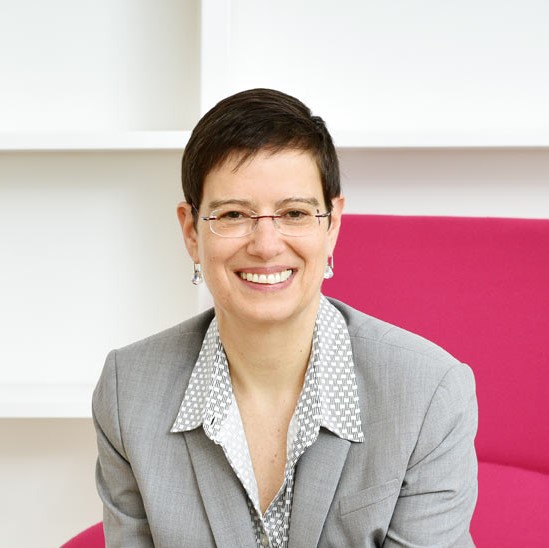
3Ls Heidi Kong, Sophie Lombardo, Paloma Palmer, and Angela Chen — among 56 students from top law schools selected to the Salzburg Cutler Fellows Program — explored the future of international law, presented their work, and received extensive feedback from fellow participants as well as renowned scholars, judges, and practitioners. The gathering also provided opportunities to network and build community with students who share similar interests.
Professor Ayelet Shachar, Berkeley Law’s faculty representative, helped select the school’s fellows and met with them before the trip to discuss their papers and career aspirations. She also led the workshop sessions on international conflicts and humanitarian law with Harvard Law School Professor Mark Wu.
“Berkeley Law has a proud tradition in international law. By sending our brilliant students to present their work in this prestigious setting, we’re making a mark on the discipline,” Shachar says. “They were praised for the depth and breadth of their knowledge and the creativity of their research papers. I hope to see great publications emerging from this experience as well as lasting friendships.”
A U.S.-China lens
Kong, who has worked in journalism, government, and academia, probed how geopolitical tensions play out within national security, private investments, and government intervention by examining the Committee on Foreign Investment in the United States (CFIUS) — a longstanding mechanism for government review of non-U.S. investments into U.S. assets.
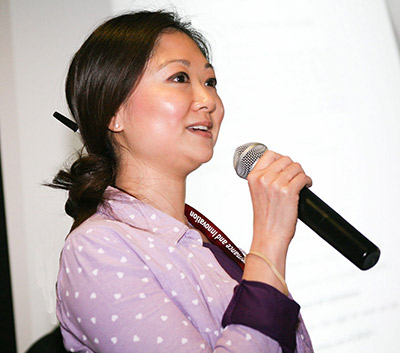
“Having a group of highly interested readers provide feedback on my original research and writing is priceless,” says Kong, a former Fulbright Scholar who will join Davis Polk’s Northern California office this fall. “I saw that scholarship sometimes does manage to inform policy, but the conversation between academics and policymakers is one that needs to be nurtured and sustained.”
The Biden Administration issued an executive order last summer calling for a new mechanism that Kong says “essentially functions as a ‘reverse-CFIUS’ and looks to protect national security interests by reviewing U.S. investments into non-U.S. assets.” She notes that only China, Hong Kong, and Macau are listed as “countries of concern” identified to be engaging in a long-term strategy that directs, facilitates, or otherwise supports advancements in sensitive technologies and products that threaten U.S. national security.
“The targeting of China in this new review mechanism escalates geopolitical tensions, but I caution those who hurry to define the U.S.-China relationship as a ‘new cold war,’” Kong says. “Instead, I suggest that the two countries are as yet too interconnected and the relationship still warm. But there also is a price to pay. In a world transitioning toward multipolarity, adopting these review mechanisms and restrictions on investment capital — all in the name of national security— may be less effective than intended and will bring about unintended consequences that require additional consideration.”
Valuable launch pad
Pursuing a career in international law, Lombardo worked for a human rights nonprofit based in Washington, D.C., before law school, where she was immersed in the broader ecosystem of experts and practitioners working on similar issues.
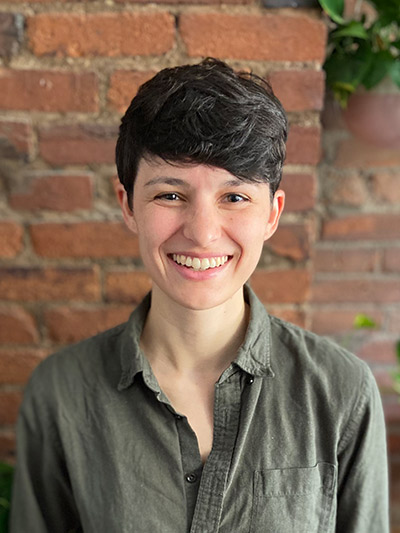
“The Salzburg Cutler Fellowship offered me a unique opportunity to reconnect with that world and to learn from students all over the country,” she says. “I most enjoyed getting to discuss emerging issues in international law. Everybody brought so much passion and expertise to the table, and it was rewarding to see that play out in our discussions.”
Lombardo’s paper confronts the legal frameworks governing private military contractors, with an eye toward closing “the impunity gap in which they currently operate.” It emerged from her ongoing work with Berkeley Law’s Human Rights Center (HRC), where she has been supporting its digital investigations and strategic case-building on violations of international law since 2021.
After graduating and taking the California Bar Exam, Lombardo will begin her legal career at Wilson Sonsini Goodrich & Rosati in San Francisco.
New opportunity
Palmer lived in Senegal before law school and has taken full advantage of Berkeley Law’s many international opportunities — working in The Hague, joining the International Human Rights Law Clinic (IHRLC), becoming co-editor in chief of the Berkeley Journal of International Law, and doing a field placement this semester in Nairobi, Kenya. Her paper addresses the human rights implications of digital ID rollouts in Kenya and possible solutions to fill the regional regulatory gap.
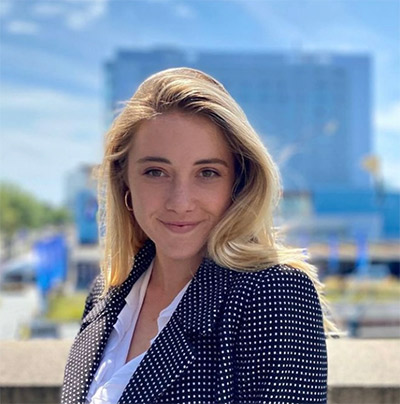
“Over the past year, I became quite familiar with the African human rights system and jurisprudence through my work with the International Human Rights Law Clinic,” Palmer says. “Now that I’m in Nairobi, I have the opportunity to nuance and enrich my research through in-person stakeholder interviews.
“I enjoyed hearing about the diverse backgrounds and experiences of the other law students and what fuels their interest in international law. For example, one student wrote her paper on an international migration phenomenon that she observed firsthand while working with Afghan refugees after the fall of Kabul. I thought that was fascinating and very inspiring.”
Starting work this fall at Freshfields Bruckhaus Deringer in New York City, Palmer hopes to gain broad exposure to the cross-jurisdictional legal challenges facing businesses and sovereign states alike.
Investment treaties
Having lived in multiple countries, Chen has also immersed herself in the school’s international law community. She serves on the Berkeley Journal of International Law editorial board, conducted research with the HRC and IHRLC, attended last year’s American Society of International Law conference, and spent the past two summers working in the United Kingdom.
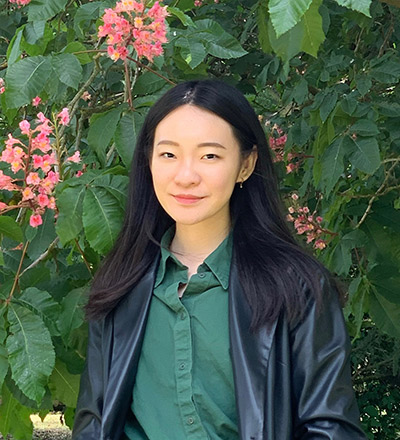
Her paper examines international investment law, specifically bilateral investment treaties and their unilateral termination by host countries. Exploring the pattern of termination and the role that legal precedents play in these decisions, Chen suggests that prior arbitral cases exert “demonstration effects” on the host countries not involved in such cases, and some of those cases have contributed to their termination decisions. She hopes her findings could add to the scholarly debate on the role of precedents in international investment law.
“The feedback I received on my paper was extremely helpful,” she says. “The two faculty members leading our workshop group were and are practitioners in international investment law, so they offered theoretical as well as practical insights. I was also surprised by the fact that many of my peers shared an interest in the topic.”
Chen, who will work at Freshfields in London, relished gaining diverse perspectives, receiving valuable comments, and “sharing this experience with three very talented classmates.”